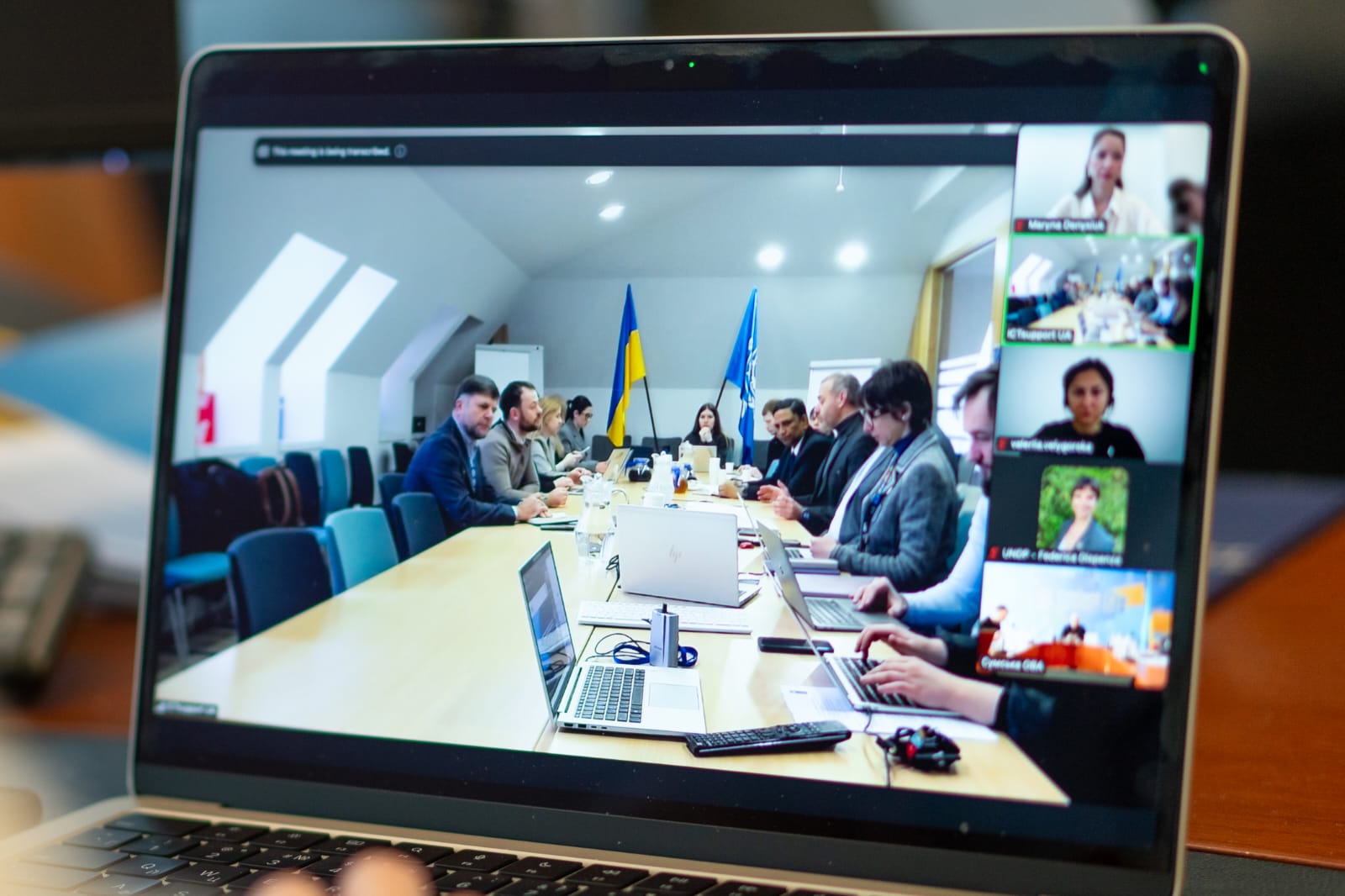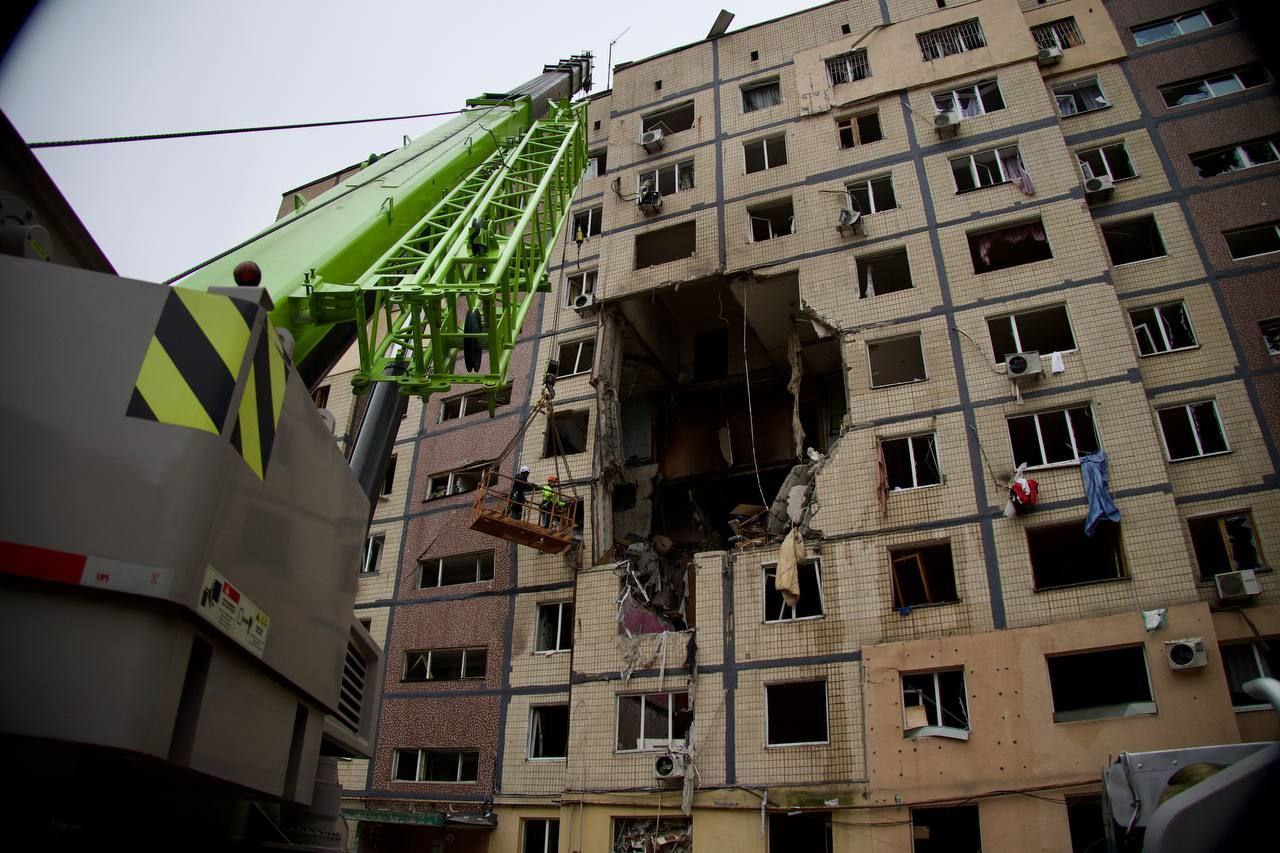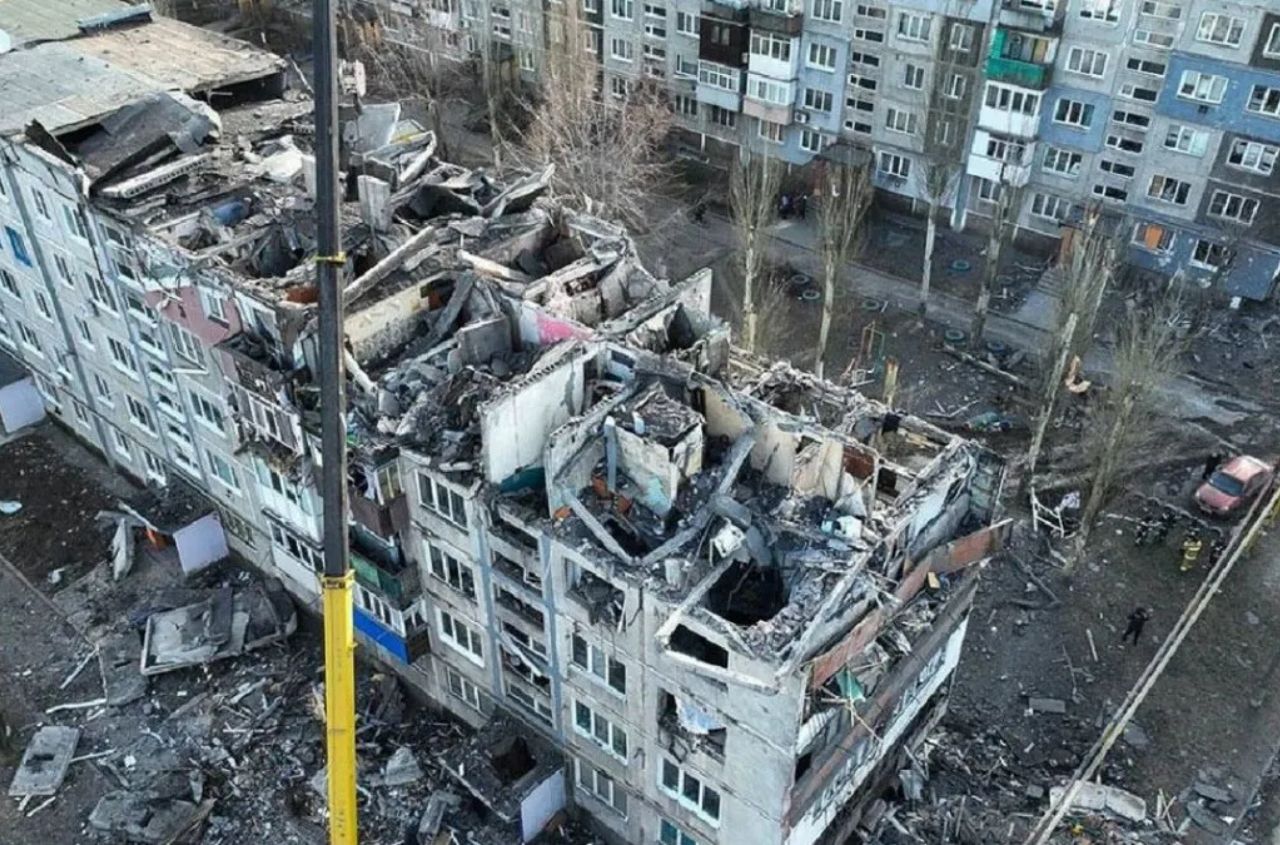Deputy Ministers of Community and Territory Development of Ukraine, Marina Denysiuk and Kostyantyn Kovalchuk, took part in a committee meeting for the evaluation of the project "From Humanitarian Aid to Early Recovery in Kherson, Sumy, and Zaporizhzhia Regions." This initiative will be implemented with the financial support of the South Korean government in partnership with the United Nations Development Programme (UNDP) in Ukraine. The meeting focused on the project implementation plan and its key expected outcomes.
"Kherson, Sumy, and Zaporizhzhia regions are not just geographical areas on the map; they are places where people have endured the devastating effects of war. Their homes, workplaces, and infrastructure were all destroyed, and together, we must help restore their lives. But this is not just about physical recovery. It’s also about restoring hope, security, and confidence in the future for every family. Through the joint efforts of UNDP and our Ministry, we will not only restore the affected areas but also create a foundation for sustainable development, economic growth, and the strengthening of local communities in these regions," emphasized Marina Denysiuk.
The new project commenced in December 2024, with completion expected in December 2025. The total budget exceeds $20 million. The Ministry of Community and Territory Development leads the project implementation alongside the regional military administrations of Kherson, Sumy, and Zaporizhzhia. Local government bodies from the affected areas are also directly involved in the process.
_1739550853.jpeg/eAiCwsclX9yakOU73QcdOUnQGiWlgZo3vS5P9RtO.jpg)
"We are grateful to UNDP for effective partnership and constant coordination of efforts aimed at accelerating response and recovery, particularly under the UNDP framework for return, recovery, resilience building, and reform implementation. The new project we are discussing today will make a significant contribution to the energy resilience of critical infrastructure in these regions—hospitals, schools, waste management, and water supply systems. Its implementation will help ensure uninterrupted service delivery, particularly in remote areas, through innovative and flexible solutions," said Kostyantyn Kovalchuk.
The project focuses on three main strategic areas:
- Enhancing the capacity of local government bodies to effectively respond to humanitarian needs, primarily providing critical services.
- Restoration and repair of critical infrastructure systems—energy, water supply and sewage, waste management.
- Safe disposal of debris and other explosive objects.




















